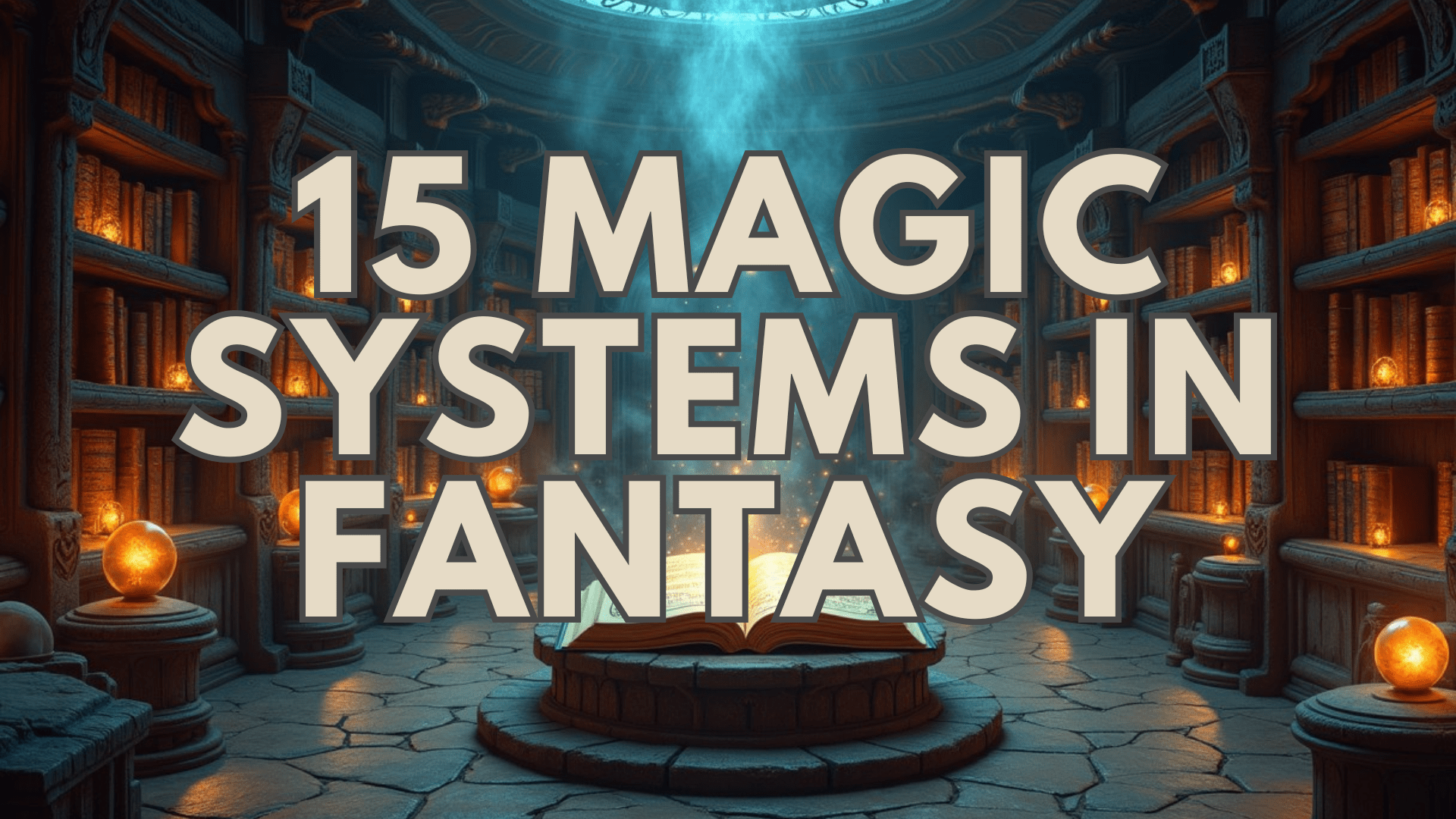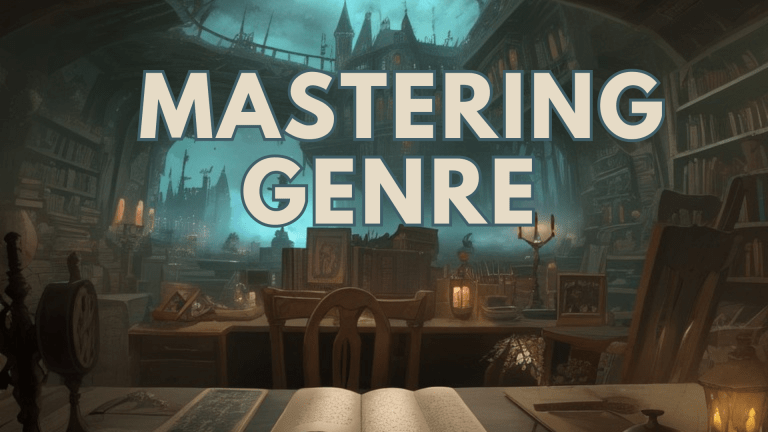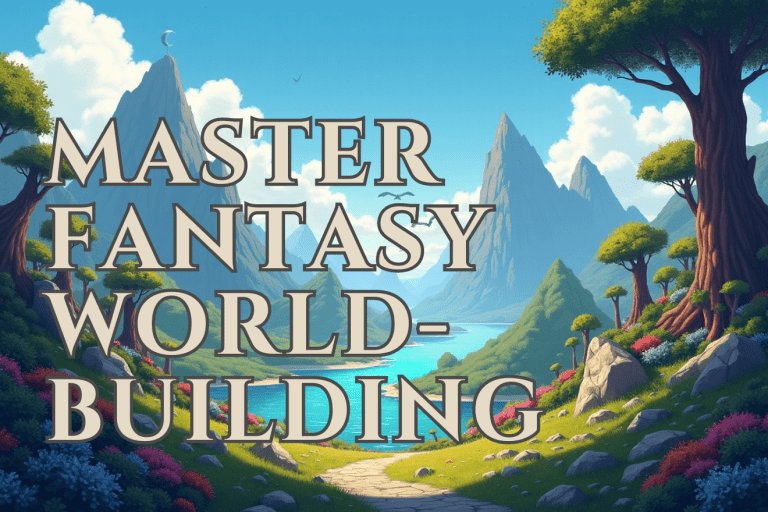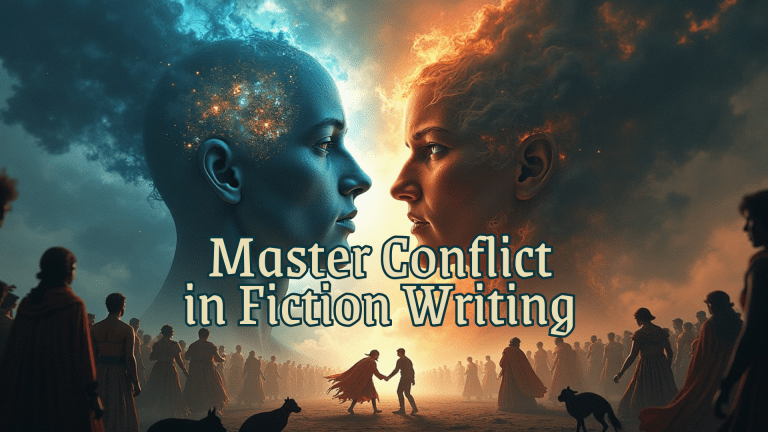15 Fantasy Magic Systems: Craft Balanced and Unique Powers
Imagine a world where reality bends to the will of those who understand its hidden laws. That’s the power of a well-crafted magic system in fantasy! As Stephen King once said, “Magic is the elevating mystery of fantasy.” It’s the heart of any fantastical world, making it feel real and alive. But here’s the challenge: crafting a magic system that’s both unique and balanced. Don’t worry, fellow writers! In this guide, we’ll explore 15 spellbinding magic systems to inspire you and help you create your own. Ready to embark on this magical journey? Let’s dive in!
What is a Magic System in Fantasy?
A magic system is more than just spells and powers; it’s a set of rules that defines how magic works in your world. From Harry Potter’s wands to Gandalf’s ancient wisdom, magic systems shape the stories we love. But magic needs balance, too. The best magic systems mix wonder with clear rules to keep readers engaged and invested.
The Hard vs. Soft Magic System Spectrum
Hard magic systems have strict rules and limitations, like Brandon Sanderson’s Mistborn series, where every spell has a clear cost. Soft magic systems, like J.R.R. Tolkien’s Middle-earth, are more mysterious and less defined. Each has its perks—hard magic offers structure, while soft magic leaves room for the unknown.
15 Captivating Magic Systems in Fantasy
- Elemental Magic: Control over fire, water, earth, and air. Think Avatar: The Last Airbender.
- Runic Magic: Magic through symbols and inscriptions, as seen in Norse mythology.
- Blood Magic: Powerful but often dark. It requires personal sacrifices and raises ethical questions.
- Alchemy: Blends science with magic, allowing for transformations and the creation of potions.
- Wild Magic: Unpredictable and chaotic. It’s risky, but the rewards can be great.
- Divine Magic: Power granted by gods. Faith and devotion play significant roles.
- Necromancy: Deals with death and the undead. Morally gray and controversial.
- Psionics: Mental powers that border on science fiction, like telepathy and mind control.
- Sympathetic Magic: Works on the principle of “like attracts like,” such as voodoo.
- Technomancy: Combines magic and technology, ideal for steampunk settings.
- Nature Magic: Harnesses the power of the natural world, like druids and shamans.
- Illusion Magic: Manipulates the senses to create false realities.
- Summoning Magic: Calls creatures or objects from other realms, but be wary of what you bring forth.
- Enchantment Magic: Imbues objects with magical properties, creating artifacts.
- Time Magic: Manipulates time but often comes with paradoxes and heavy consequences.
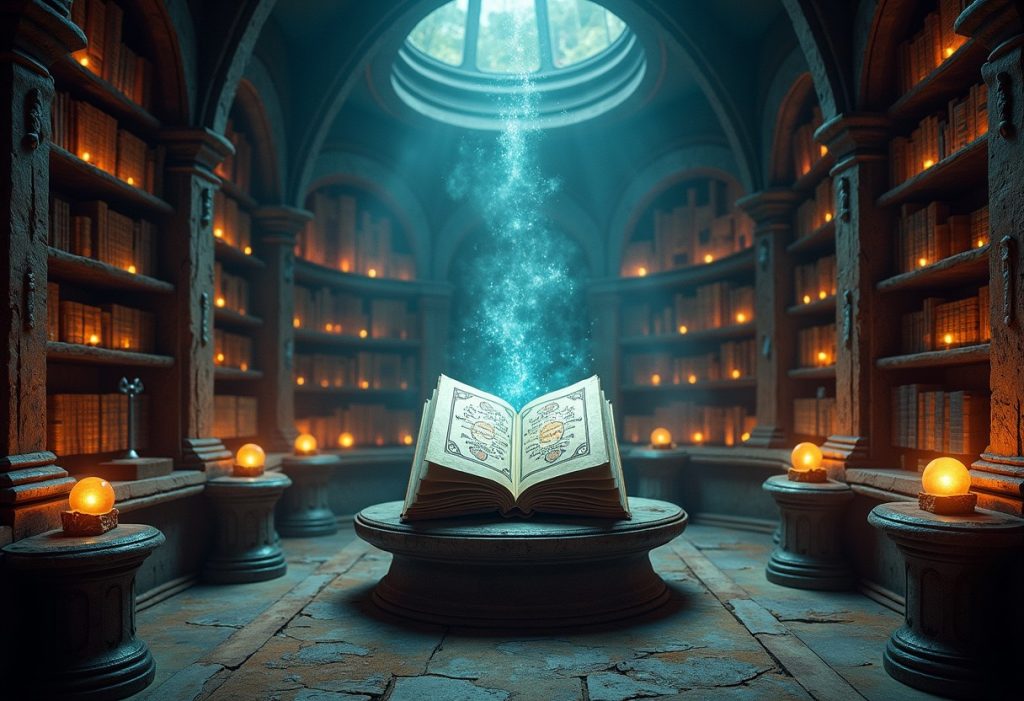
Key Elements for Creating Balanced Magic Systems
For a magic system to feel real, it needs clear rules, costs, and consequences. Define where the magic comes from and what it takes to use it. Balancing magic with non-magical elements keeps your world believable and engaging.
Tips for Making Your Magic System Unique
Think beyond wizards and spells. Look to unconventional sources for inspiration, like cultural folklore or even science. Mix elements from different traditions to create something entirely your own.
Common Pitfalls in Designing Magic Systems
Avoid making your magic overpowered. Set rules and stick to them; inconsistent magic can break your story. Make sure magic feels integrated into your world—not just an add-on.
Integrating Your Magic System into Your Story
Magic should drive the plot and develop your characters. Use it to create conflicts, whether through magical limitations or rival magical systems. Always consider how society views magic—are mages revered, feared, or hunted?
One last spell
And there you have it—a guide to 15 captivating magic systems that can elevate your fantasy writing! Remember, the best magic systems aren’t just powerful; they are woven into the fabric of your story, enhancing every twist and turn. Ready to start crafting your magical world? Head over to our homepage for more tips and resources to help bring your fantasy dreams to life!

